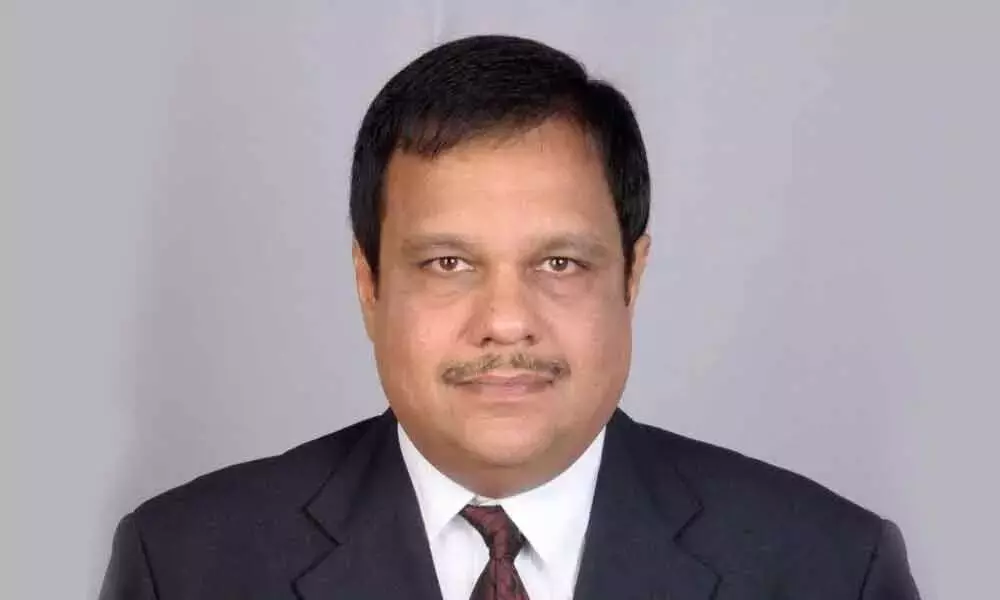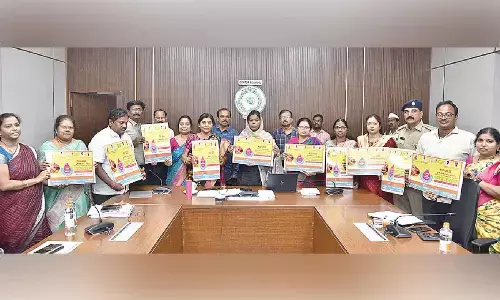Budget focuses on farmers: FAPCCI

FAPCCI president CV Atchut Rao
Trade body notes that the allocations to industry and electricity should have been more in view of the government proposal on districts’ reorganisation
Vijayawada: Welcoming the Budget presented by the AP government on Friday, Federation of Andhra Pradesh Chamber of Commerce and Industry (FAPCCI) president CV Atchut Rao stated that the budget is mainly focussed on farmers as Rs 2.56 lakh crore-budget was presented and appreciated the government effort in promotion of agriculture and rural development.
Referring to the allocations to industry and energy, Rao said that the allocation to industry and electricity is only
Rs 2,755.17 crore and Rs 10,281.04 crore respectively. The allocations should have been more in view of the government proposal to reorganise the districts in the State.
He also appreciated that the second time in a row, the State government is presenting a gender-based budget in both the Houses giving priority to women's empowerment. Special allocations will be made in the budget for women and children.
With the State government's relentless efforts, the industry and service sectors have
gradually been coming out of the post-Corona effects and trying to stabilise with its vibrant activities.
Vice-President of FAPCCI V Satish expressed satisfaction at the overall budget and said that the budget is laudable with an ambitious plan of covering all major sectors justifiably with adequate allocations and taken care of the State's prestigious welfare schemes 'Navaratnalu'.
With specific reference to the allocations to roads and buildings which is Rs 8,581 crore, he said there is no mention of other infrastructure projects where the State is partnering with the Central Government. He said that most of the semi-rural areas are being merged as new districts and more and more infrastructure facilities such as road connectivity, water facility need to be created. This would encourage entrepreneurs to invest in the newly formed districts.


















